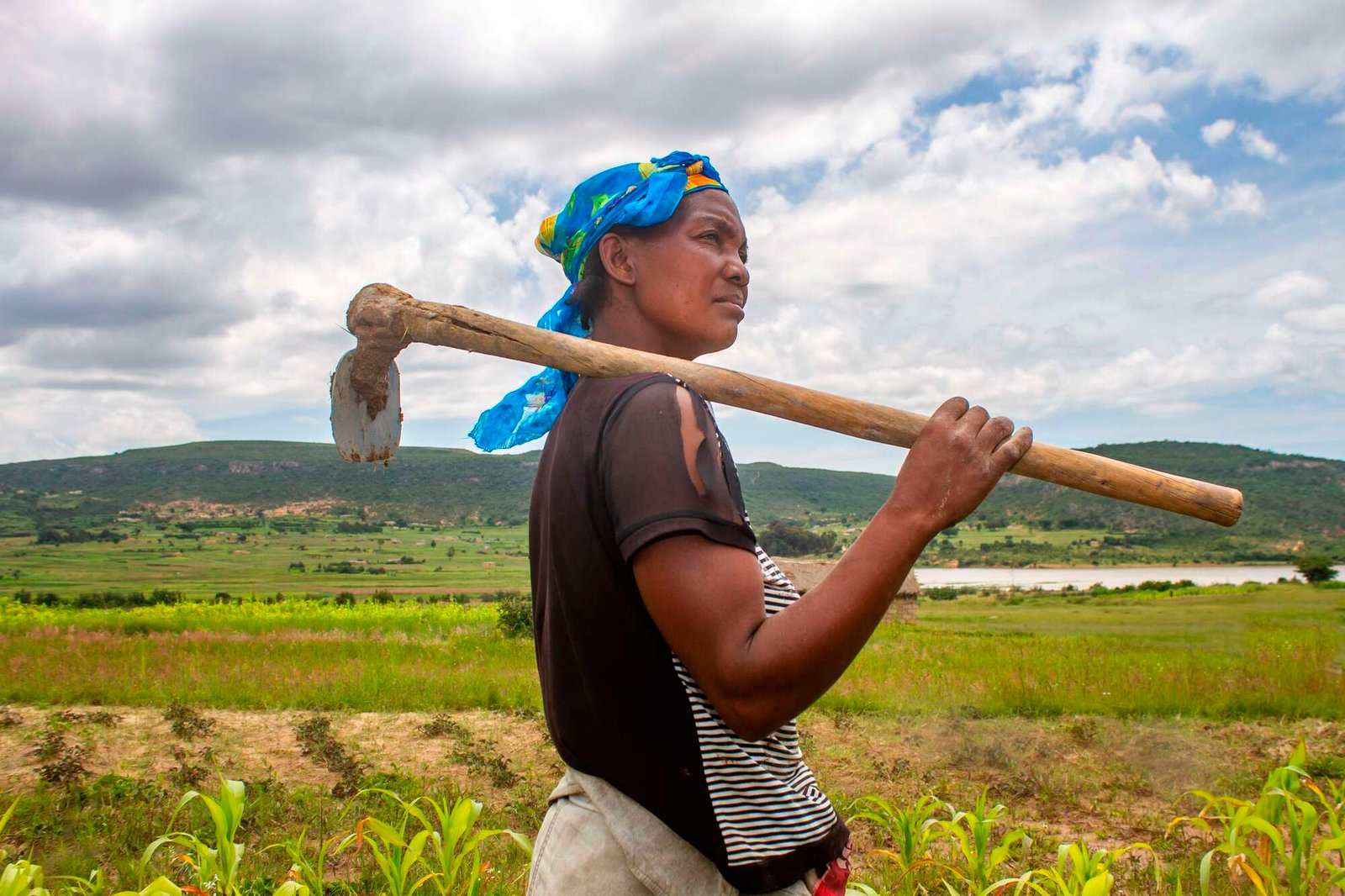Jumoke Olasunkanmi
The Senior Special Assistant to the President on Agribusinesses and Productivity Enhancement (SSAP), Kingsley Uzoma, has predicted that the number of Nigerians facing food insecurity is set to reach a staggering 94.5 million if drastic measures are not taken address the matter urgently.
He delivered this alarming projection during a policy dialogue in Abuja titled ‘Deepening Partnership for Scaling-Up of Information and Communication Technology for Development (ICT4D) for Smallholder Farmers in Nigeria’ on Thursday.
Uzoma expressed concern that an estimated six million Nigerians will join the already worrying figure of 88.5 million Nigerians who are grappling with hunger by the end of the month, and called for significant interventions to be put in place.
The policy dialogue which was organised by the federal government, in collaboration with the International Fund for Agricultural Development (IFAD) and the National Information and Technology Development Agency (NITDA), highlighted the concerning surge of over 80 percent in food importation from 2019 to 2023.
During the event, Uzoma also noted that one of the key contributor to the worsening hunger crisis is the decline in agricultural capacity, which has forced the nation to rely heavily on food imports.
He, however, assured the public of the Federal Government’s commitment to reversing this trend.
“This escalating dependence on external sources further intensifies the challenges within the domestic food landscape all of which have resulted in the declaration of state of emergency in food security by Mr. President,” he said.
Uzoma also noted that Nigeria currently holds the highest rate of stunted children globally, with 70 percent of the population living below the poverty line as food inflation stood at 31.52 percent in October.
IFAD country Director, Dede Ekoue, who was also present at the event, said that the policy dialogue will foster partnership and promote facilitate small scale farmer’s access to digital solutions that will enhance their ptoduction, promote food security and grow the economy.



